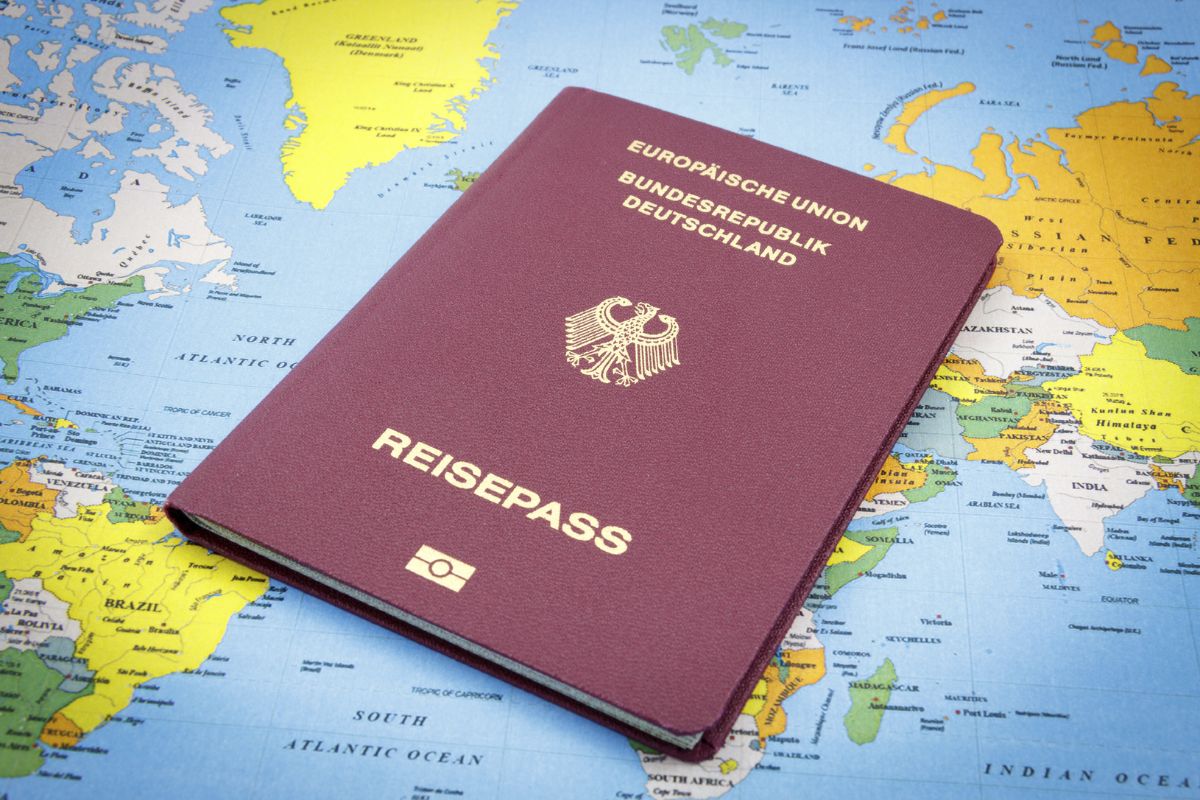In a significant move, the Federal Government of Germany has granted approval for a new citizenship law, aiming to streamline the acquisition of citizenship for foreign nationals residing in the country.
The new legislation introduces streamlined rules and procedures to facilitate the process.
Shortened Residence Requirement and Birthright Citizenship
The new law, which is expected to come into effect in early 2024, shortens the required period of residence in Germany from eight to five years. It also grants children born in Germany to foreign parents citizenship if at least one parent has been living in the country for five years.
In addition, the new law allows for dual citizenship, meaning that people who acquire German citizenship can keep their original citizenship.
Interior Minister Nancy Faeser said that the new law is one of the most important reforms of the current government and that it will make Germany more attractive to skilled workers and immigrants.
“A modern citizenship law is therefore also a decisive key for the competitiveness of Germany as a business location,” Faeser said.
The new law also includes a number of other changes, such as:
- A requirement for successful integration includes knowledge of the German language and the ability to earn a living independently.
- The possibility of naturalization after three years for those who have achieved outstanding performance at work or do voluntary work.
- The abolition of the naturalization test for guest and contract workers who have made a significant contribution to the development of Germany.
The new citizenship law has been welcomed by many, including business leaders and immigrant rights groups. However, some critics have argued that the law does not go far enough and that it still makes it too difficult for some people to acquire German citizenship.
Also Read: Simplified Visa Rules: Germany Promoting Skilled Worker Immigration
Key Points of Germany’s New Citizenship Law

The Ministry of Interior outlined several key provisions within the newly approved citizenship law:
1. Integration and Language Proficiency: Successful integration, proficiency in the German language, and the ability to sustain oneself financially will be prerequisites for naturalization.
2. Reduced Residence Period: Citizenship by naturalization will be attainable after five years of residency in Germany, compared to the previous eight-year requirement.
3. Accelerated Naturalization: An accelerated path to citizenship after three years will be available for those with exceptional work performance or voluntary contributions, proficiency in German, and financial independence.
4. Birthright Citizenship: Children born to foreign parents within Germany will receive automatic German citizenship if at least one parent has legally resided in the country for over five years.
5. Relaxation of Naturalization Test: The naturalization test will be eliminated for guest and contract workers who have significantly contributed to Germany’s development.
Also Read: Schengen Visa Processing Time for Germany Reduced to Eight Weeks
Requirements for Naturalization
In order to naturalize under the new law, applicants must meet the following requirements:
- Have been living in Germany for at least five years.
- Have a good knowledge of the German language.
- Be able to earn a living independently.
- Be integrated into German society.
The new law also includes a number of other requirements, such as a commitment to the free democratic basic order and respect for equality between men and women.
Benefits of German Citizenship
German citizenship comes with a number of benefits, including:
- The right to vote and hold public office.
- The right to work and live in any EU country.
- The right to travel with a German passport.
- The right to access social benefits and healthcare.
As Germany paves the way for a more accessible and comprehensive citizenship process, the nation aims to position itself at the forefront of the global race for skilled professionals, fostering inclusivity while upholding its core values.
Follow and connect with us on Facebook, Twitter, LinkedIn, Instagram and Google News for the latest travel news and updates!



